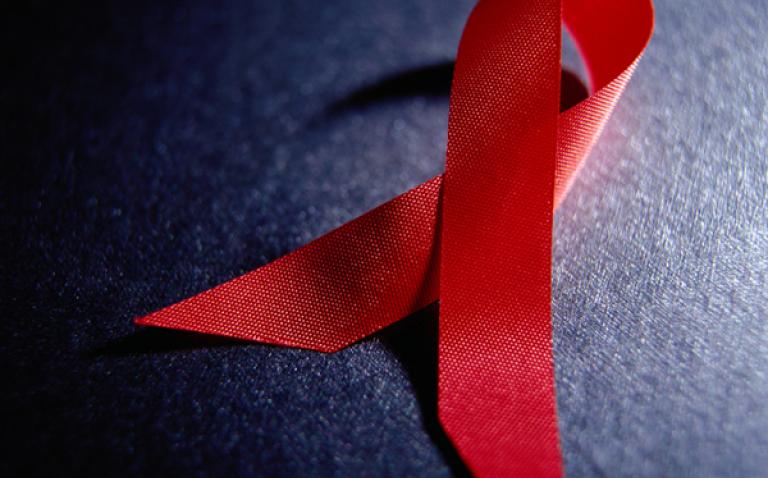Scientific consensus on the prospect for development of an effective preventive AIDS vaccine is bleak, according to the results of a poll of AIDS researchers and scientists which was released today.
The poll of AIDS scientists offered significant additional credibility to the recent public call by AIDS Healthcare Foundation (AHF) to halt US government funding of repeatedly failing AIDS vaccine research – which for more than 20 years has shown few results other than how not to develop a vaccine.
In a poll of more than 35 top HIV/AIDS scientists in the UK and the US conducted by Britain’s The Independent newspaper, “nearly two-thirds believed that an HIV vaccine will not be developed within the next ten years…” and “a substantial minority of the scientists admitted that an HIV vaccine may never be developed…”
AHF’s call to halt taxpayer funding of AIDS vaccine research first came late last month in an opinion article in the Baltimore Sun published 23 March, two days before an HIV Vaccine Summit convened to discuss HIV vaccine funding strategy.
The summit met in the wake of a string of recent, highly publicised clinical trial failures, including Merck’s latest AIDS vaccine candidate, which was abruptly pulled from human clinical trials when it not only failed as a vaccine, but it was found to endanger lives by increasing the likelihood that study participants would contract the virus.
“The results of this poll clearly show scientific consensus on AIDS vaccine development is gloomy at best,” said Michael Weinstein, President of AIDS Healthcare Foundation.
“It confirms our belief that it is time for an honest re-assessment of all US government funding of AIDS vaccine research.
“I think this poll also underscores an inherent conflict of interest between AIDS vaccine researchers and the public interest – the lack of real scientific validity or promise in continuing such vaccine research, versus the pursuit of generous government research funding that many AIDS scientists and researchers benefit from.”
Homayoon Khanlou, MD, AHF’s Chief of Medicine, added: “According to The Independent, among those AIDS researchers and scientists who believe that an AIDS vaccine could appear within the next ten years, many added the caveat that such a vaccine might be unlikely to work as a ‘truly effective prophylactic against infection by the virus,’ something that would open up entirely new moral and ethical concerns about using such a so-called vaccine.
“What would be an acceptable margin of vaccine efficacy? And who would determine or decide that question? We believe that it is time for an unbiased third party, such as the Government Accountability Office, to step in and review the full history and funding of AIDS vaccine research.”










